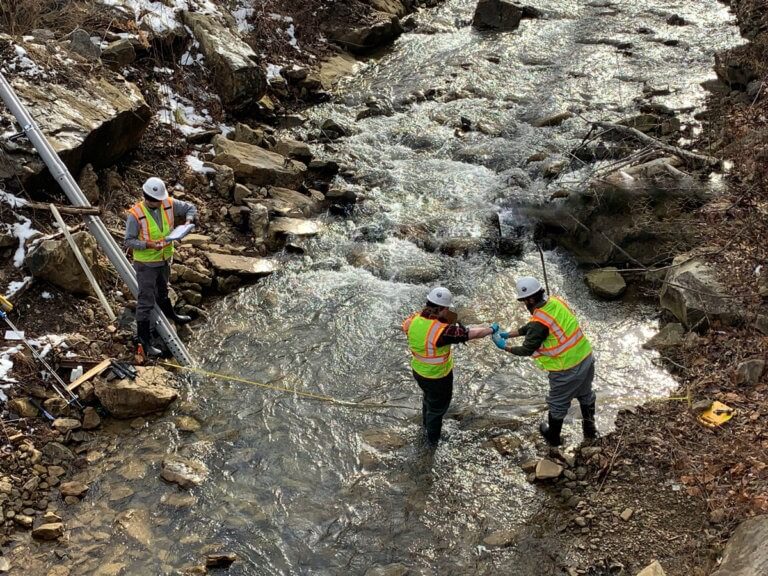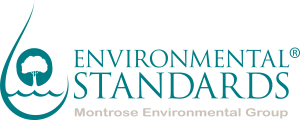
Virginia to Regulate Turbidity
The State of Virginia’s Water Control Board is amending 9VAC25-260, the state’s Water Quality Standards, to regulate turbidity with numeric criteria. At the moment, substances that produce turbidity are included in Virginia’s general water-quality criteria among a list of substances to be controlled to, for example, avoid direct or indirect interference with designated uses of state waters. But, the purpose of the new regulations will be to address a directive by the state’s Water Control Board to develop numeric turbidity criteria.
Developing a numeric turbidity criteria has many technical challenges. Virginia’s Department of Environmental Quality (DEQ) identified a few of them: variability in climate, geology, waterbody size and type, aquatic uses, and naturally occurring background. Importantly, there is a lack of adequate stressor-response data to defend the numeric criteria once developed. As a result, Environmental Standards and industry groups have expressed concerns that a central point of focus going forward will be identifying appropriate options for overcoming these and other problems with developing numeric criteria. Importantly, numeric turbidity criteria will need to be carefully crafted to avoid conflict or inconsistency with these existing programs.
Environmental groups have accused Virginia’s DEQ of “slow walking” the regulations through the regulatory process. While there has been a long delay due to COVID-19 pandemic-related issues, a primary reason for the extended time to develop the criteria is that there are no federal numeric criteria, and the state’s diverse surface water systems do not lend themselves easily to applying a strict single-point numerical standard.
But even after the criteria are proposed, adoption may take as long as an additional 2 years. That is because comment and response periods, regulatory negotiations, and other basic administrative processes take time – some argue, too much time.
Environmental Standards is helping manufacturers, pipelines, chemical companies, and other industry groups comply with existing regulations. Our Scientists and Engineers also advise these firms on the potential impact of these new regulations on current and future business operations. In addition, we are preparing stormwater permit applications and renewals, assisting clients with sampling and reporting obligations, and helping our clients with other facets of the state’s water-quality standards. For more information on how we can help, please contact Scott Nash at 434.293.4039 or snash@envstd.com.

